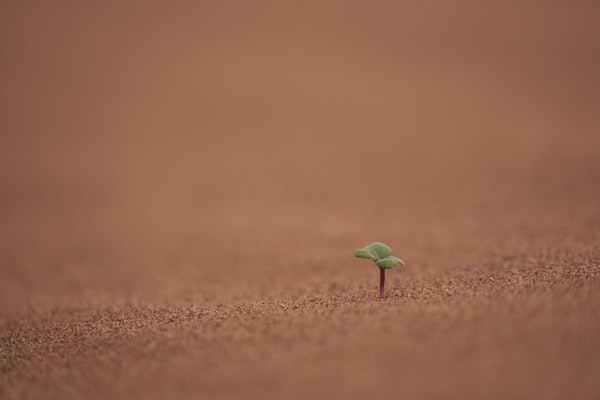Ocean-safe consumption
Just spotted this ad on the website of The Better India, a journalism website that focuses on “positive stories”:

India’s nationwide lockdown has many important lessons – including the fact that it wasn’t useful in slowing the spread of the novel coronavirus through the Indian population; and though there’s no way yet to tell if it was useless instead, state opacity, data manipulation, false advertisement, medical research devoid of science, struggling hospitals and apathy of the poor all make it so. This said, two lessons in particular have been decidedly positive: the air becoming cleaner, at least to see through, and the Ganga river becoming cleaner, reportedly even to drink from.
K.A.S. Mani, a hydrologist, observed shortly after the latter was reported that rivers could clean themselves in a matter of weeks only if we took a break from stuffing them with pollutants – and axiomatically that when governments spend crores of rupees on fancy technological solutions and set themselves deadlines that are years away to achieve the same goals, they’re probably not doing it right. The final message for the people is simple, and what it’s always been: if you want to protect the rivers – or for that matter the oceans – consume less.
This is also what makes any attempt to combine consumerism with eco-friendliness absurd, including The Better India‘s advertisement for a combination of different surface cleaners.
I admit their business model is worth considering: if you subscribe to their ‘service’, they’ll ship refill pouches to your place every month and whose contents you can store in the bottle you purchased the first time round.
(However, I’m skeptical of the claims about the cleaning substances, per the FAQ: “Our cleaners for laundry and dishwashing contain enzymes in addition to plant-based surfactants. These enzymes are lab-processed. Floor and toilet cleaners contain active microbes that create enzymes while performing the cleaning action.” Quite vague. I’m also very skeptical of the “non-toxic” bit: toxicity is highly context-specific, and the claim can’t possibly mean the cleaners are safe to drink!)
Most of all, none of this is “ocean-safe” – or even ocean-friendly – by any stretch of imagination. Bottles, refill pouches and cleaning agents still need to be made and shipped to households – all processes that will generate trash. It doesn’t make sense to claim simply that the contents of the bottles are unlikely to harm the ocean when spilled into the water (and even then I’d like to see some test results). What it is is very marginally less offensive to the world’s water bodies, where our waste eventually ends up.
And if anyone asks if I have a better idea: I don’t, but that doesn’t mean I get to pretend that what I’m doing is “safe” or “friendly” when it’s not.
Note: This post was updated on June 2, 2020, at 3.30 pm to clarify the lockdown’s usefulness in more detail.



